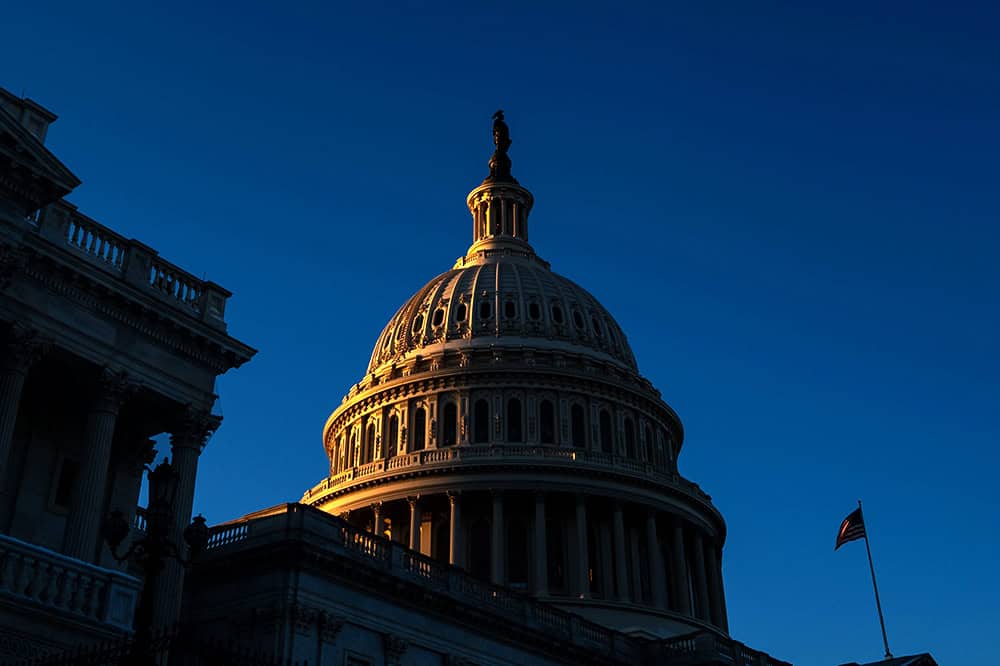Peterson Foundation Statement on State of the Union Address

NEW YORK — Michael A. Peterson, President and CEO of the Peter G. Peterson Foundation, commented this evening on the President’s State of the Union Address. Peterson said
“The President outlined a number of priorities in his speech tonight, but he did not mention the single greatest threat to America’s economic future: our unsustainable national debt.
“Further, the President outlined new initiatives, but didn’t identify ways to pay for his priorities. In order to truly help our economy, infrastructure and other new investments must be paid for, because adding more debt hurts our economy.
“With our national debt at $20 trillion and rising, it is essential that lawmakers address our unsustainable fiscal outlook. Following last year’s tax bill, annual deficits are already slated to reach $1 trillion as early as next year. If programs are important enough to be implemented, they are important enough to find ways to pay for them.
“Americans understand that our national debt is unsustainable, and they are calling on their leaders to find ways to improve the economy and our fiscal outlook at the same time.”
Earlier this week, the Peterson Foundation released a poll showing voters across party lines were looking for the President to put forward plans to reduce the national debt during the State of the Union speech:
- 92% of voters said they believe it’s important for the President to address the country’s national debt problem in the State of the Union speech, with 90% saying it’s important for him to discuss ways to reduce the federal deficit.
Further Reading
Lawmakers are Running Out of Time to Fix Social Security
Without reform, Social Security could be depleted as early as 2032, with automatic cuts for beneficiaries.
What Is the National Debt Costing Us?
Programs that millions of Americans depend on and care about may be feeling a squeeze from interest costs on our high and rising national debt.
Interest Costs on the National Debt Are Reaching All-Time Highs
The most recent CBO projections confirm once again that America’s fiscal outlook is on an unsustainable path — increasingly driven by higher interest costs.


